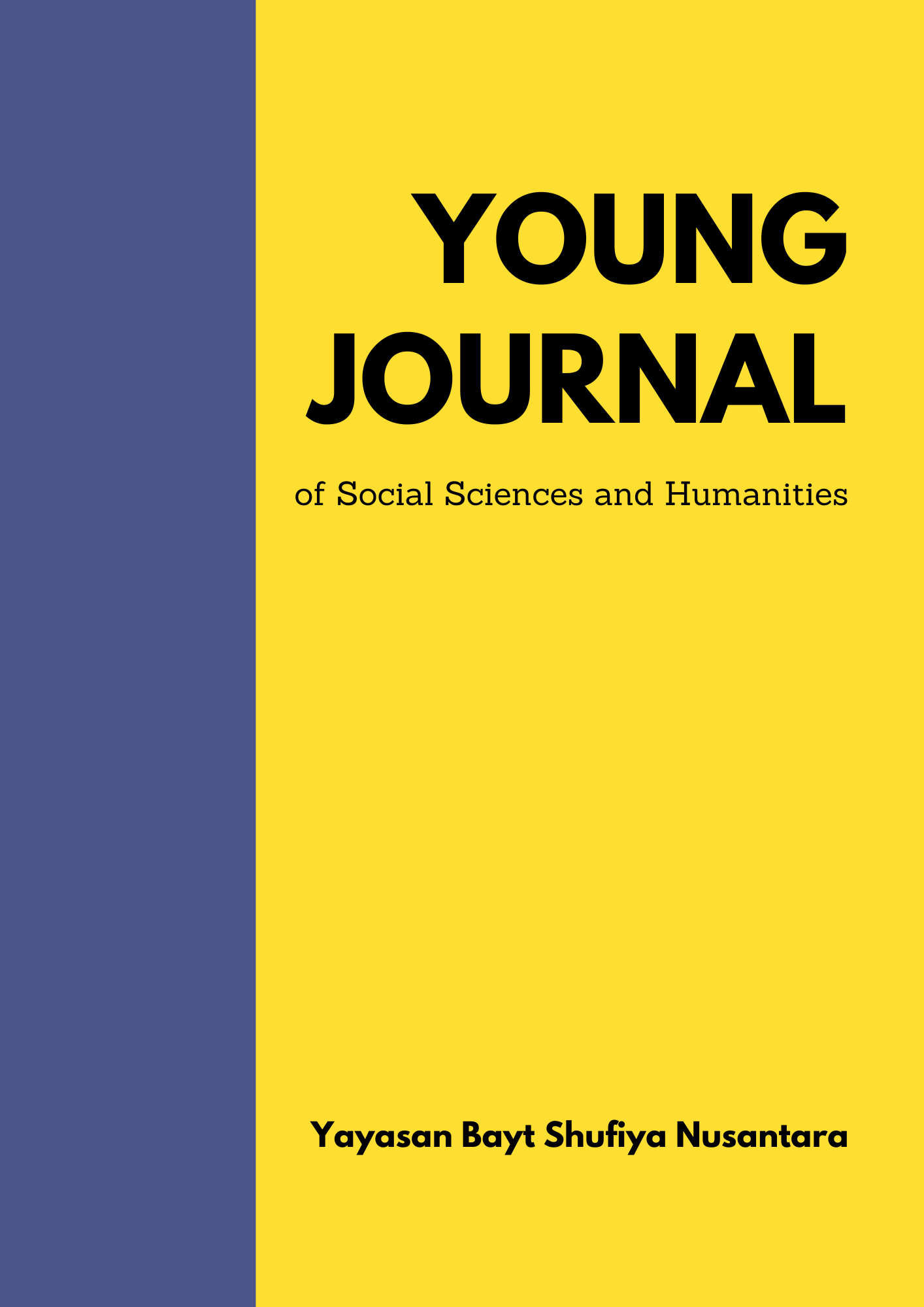The Role, Responsibilities, and Professionalism of Muslim Teachers in Enhancing Educational Quality
Keywords:
Role, Professionalism, Muslim Teachers, Educational QualityAbstract
This article aims to critically examine the role, responsibilities, and professionalism of educators through a literature-based approach. The study reviews a wide range of relevant sources including academic literature, national education policies, and prior research findings to construct a comprehensive understanding of the dynamics of the teaching profession in Indonesia. The findings indicate that teacher professionalism is shaped not only by academic qualifications but also by integrity, commitment, and the ability to adapt to changing times. The article highlights the importance of continuous capacity-building for teachers, as well as the need for regulatory and institutional support to uphold the dignity of the teaching profession. These findings are expected to serve as a reference for policymakers in formulating education policies that prioritize the improvement of teacher quality and the overall advancement of national education.
References
Berliana Berliana, & Dian Andarini. (2023). Upaya Peningkatan Kompetensi Profesional Guru Di Era Revolusi Industri 4.0. Jurnal Pendidikan Indonesia, 1(4), 14–26. https://doi.org/10.62007/joupi.v1i4.108
Darling-Hammond, L. (2021). Defining teaching quality around the world. European Journal of Teacher Education, 44(3), 295–308. https://doi.org/10.1080/02619768.2021.1919080
Dewi, S. S., Sutrisno, S., Madjid, A., & Suud, F. M. (2021). The Teacher Efficacy in Developing Character Education of Integrated Islamic Schools Students in Indonesia. İlköğretim Online, 20(1). https://doi.org/10.17051/ilkonline.2021.01.134
Hamdan, Nuzli, M., Rahma, S., Chaniago, F., & Norma Sampoerna, M. (2021). Profesionalitas Guru Pendidikan Agama Islam: Upaya Membangun Karakter Religious Peserta Didik. Jurnal Pendidikan Agama Islam Al-Thariqah, 6(2), 244–261. https://doi.org/10.25299/al-thariqah.2021.vol6(2).7309
Latuapo, R. (2023). Personality Competence of Islamic Religion Subject Teachers in the Development of the Al-karimah Character. AL-ISHLAH: Jurnal Pendidikan, 15(1), 63–72. https://doi.org/10.35445/alishlah.v15i1.1897
Lubis, N. S. (2022). Pembentukan Akhlak Siswa di Madrasah: Kontribusi Lingkungan Sekolah, Kompetensi Guru, dan Mutu Pendidikan. Jurnal Pendidikan Agama Islam Al-Thariqah, 7(1), 137–156. https://doi.org/10.25299/al-thariqah.2022.vol7(1).8847
Mujahid, I. (2021). Islamic orthodoxy-based character education: creating moderate Muslim in a modern pesantren in Indonesia. Indonesian Journal of Islam and Muslim Societies, 11(2), 185–212. https://doi.org/10.18326/ijims.v11i2.185-212
Muthoifin, Conti Morales, A. E., Maisu, M. A., Windiarti, I. S., & Osman Musa, E. I. (2023). Competent Teacher Ideal Professional Certified Character and Progressive Perspective of Kitab Al-Rasul Al-Muallim. Solo Universal Journal of Islamic Education and Multiculturalism, 1(02), 84–95. https://doi.org/10.61455/sujiem.v1i02.41
Putri Amanati, & Yayat Suharyat. (2022). Eksistensi Guru Fil Qur’an wal Hadis. Jurnal Riset Rumpun Agama Dan Filsafat, 1(2), 175–185. https://doi.org/10.55606/jurrafi.v1i2.734
Santosa, A. B. S. (2022). Strategi Kepala Sekolah Dalam Meningkatkan Profesionalisme Guru. Perspektif Pendidikan Dan Keguruan, 13(1), 14–20. https://doi.org/10.25299/perspektif.2022.vol13(1).9004
Tabroni, I., Putra, D. D., Adawiah, N., & Rosmiati, R. (2022). Forming Character with Morals Prophet Muhammad Saw. East Asian Journal of Multidisciplinary Research, 1(1), 41–48.
Yasin, M., Ikhsan, M., Hawa, E., & Dewi Nadila, A. (2024). Peran Guru Sebagai Agen Perubahan di Sekolah Dan Masyarakat. JURNAL ILMU PENDIDIKAN & SOSIAL (SINOVA), 2(3), 279–288. https://doi.org/10.71382/sinova.v2i3.164
Zakaria, Z., & Ismail, A. (2022). Personality Traits of Muslim Teachers: A Brief Overview. Islamiyyat, 44(2), 123–135. https://doi.org/10.17576/islamiyyat-2022-4402-09
Downloads
Published
How to Cite
Issue
Section
License
Copyright (c) 2024 Rizky Syahridun Tanjung

This work is licensed under a Creative Commons Attribution-ShareAlike 4.0 International License.














